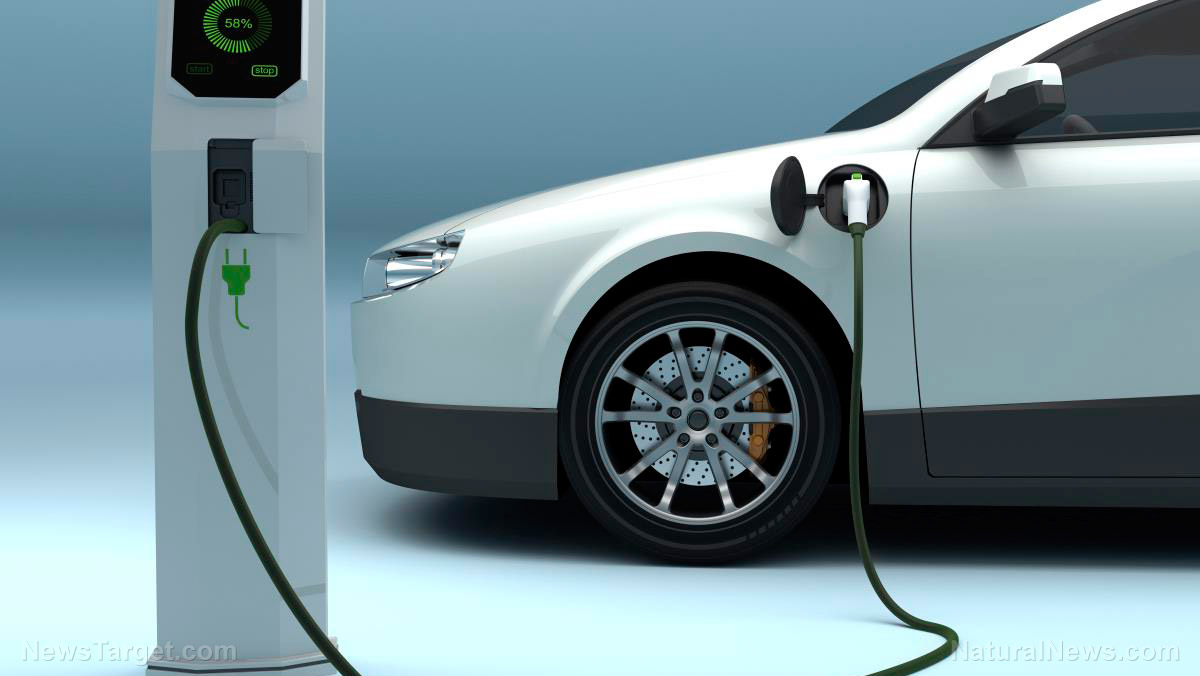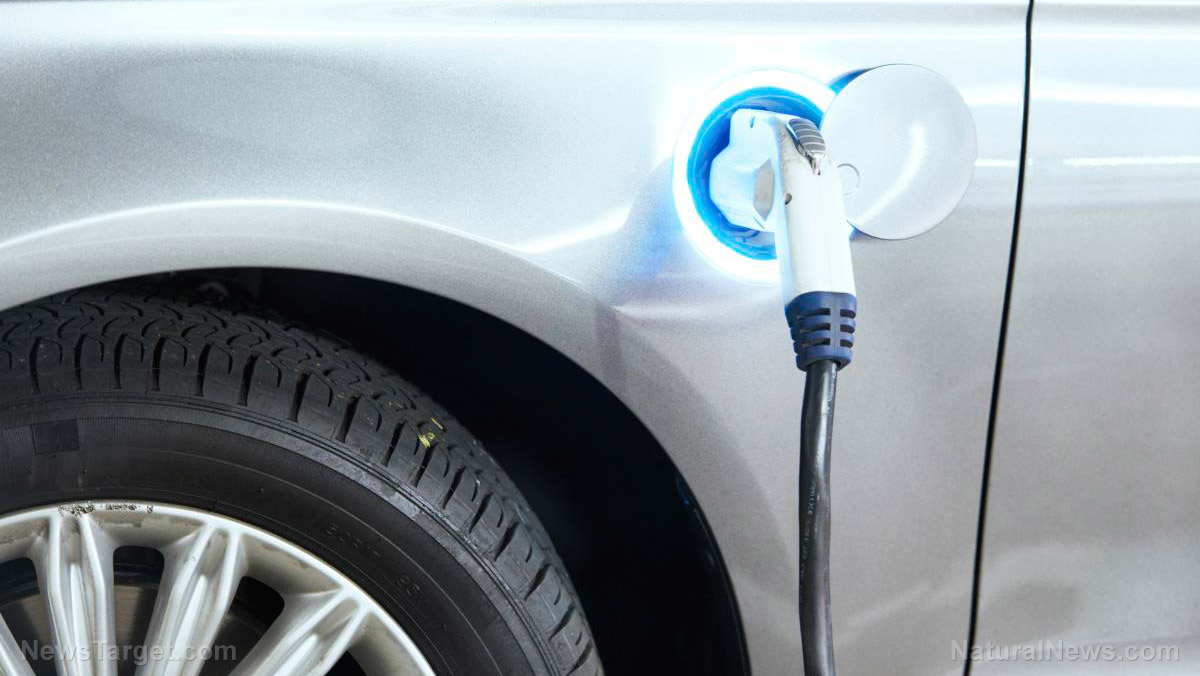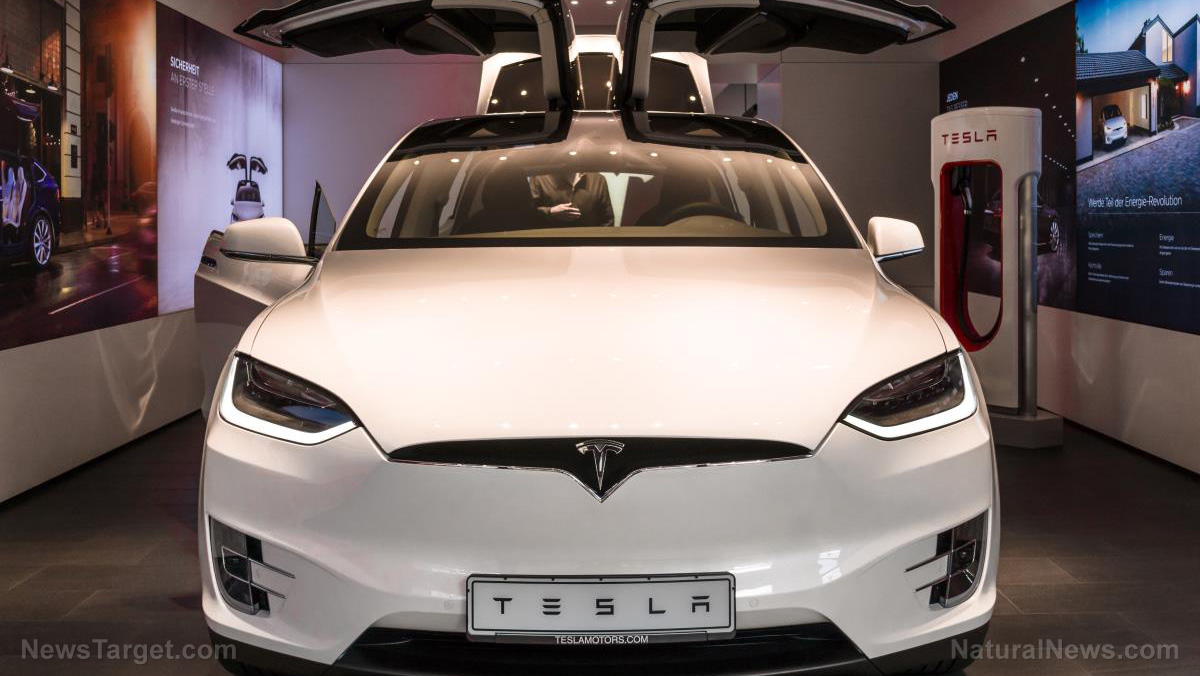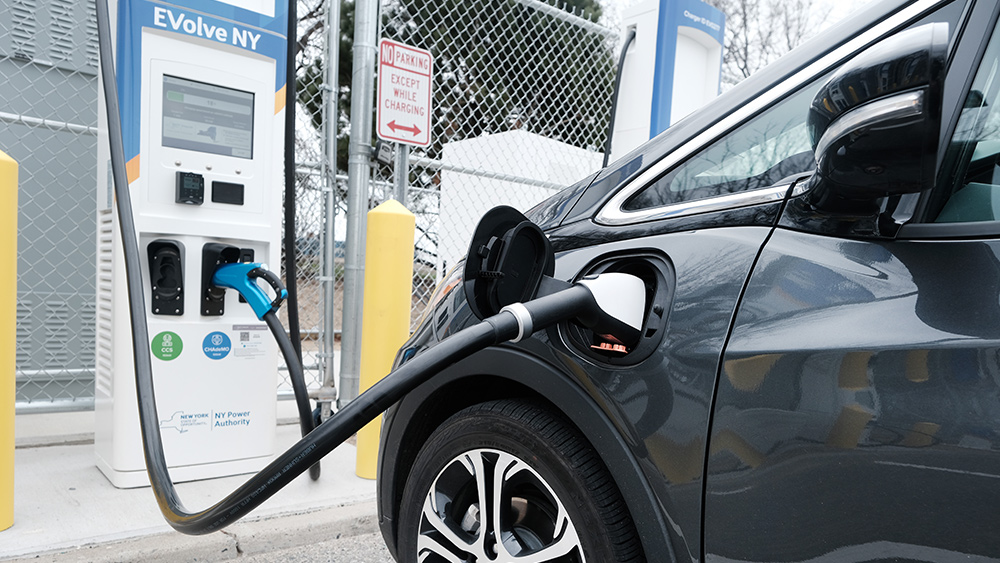All electric in 20 years? California lawmaker floats a bill to ban gasoline cars by 2040
12/23/2017 / By Cassie B.

Could gasoline cars be banned in the state of California? If one state lawmaker gets his way, this could become a reality by the year 2040.
Phil Ting, a Democrat California Assembly Member who represents a large swath of San Francisco, has stated his intention to introduce a bill that would see the state’s DMV only register vehicles that can be considered “clean” – that is, those that do not emit any carbon dioxide. Hydrogen fuel-cell cars and battery-electric vehicles would fall into this category.
When the next legislative session kicks off next month in Sacramento, Ting plans to introduce the bill to help the state meet its goal of reducing 1990’s emissions levels by 80 percent before 2050. Ting told Newsweek that the only way to meet their goals is by reducing transportation emissions.
The California Air Resources Board has already openly considered banning engines that use internal combustion. The group’s Dave Clergern said that the clean car programs the state already has in place will really take off in the year to come, and he said the fact that the auto industry is participating in these negotiations will help foster a stronger focus on electric vehicles and make them more receptive to the new regulations.
Gas-powered vehicles in the state are already required to get their fuel efficiency levels up to 54.5 miles per gallon before 2025.
Should the bill pass, drivers in the state could still drive their old vehicles. Their aim is not to force any existing cars out of circulation, and those who haven’t made the switch to electric would not be fined or ticketed. Instead, carmakers would have to offer electric options and no new registrations for previously unregistered gas-powered cars would be permitted.
Other places with laws on electric vehicles
California wouldn’t be the first place to enact such a law. Similar rules are being considered or have already been put into place in several other countries. Here is a look at just a few of them.
U.K.
In the UK, the government announced that the sales of new diesel and gas cars would be banned from 2040, while all cars in circulation must have zero emissions by 2050.
India
The Indian government has stated that every vehicle that is sold there should get its power from electricity by the year 2030, but governmental energy adviser Anil Kumar Jain says that the target is merely aspirational at this point. Some of the most polluted cities in the world can be found in India, and the number of cars driving in the country is expected to skyrocket as they become more affordable to those in the middle class.
France
France has said that it would like to put an end to diesel and gas car sales by 2040. From that point onward, manufacturers will only be permitted to sell electric cars and hybrids. While the share of cars that use alternative fuels, hybrids, and electric-powered cars is currently just 4 percent in that country, sales rose by 25 percent during the first quarter of this year.
Norway
In Norway, a transportation plan put forth by the government sets a deadline of 2025 for all new vans and passenger cars sold in the country to have zero emissions. Electric or hybrid cars are already quite popular there, accounting for around 40 percent of all the cars sold in Norway.
In the U.S., meanwhile, there are no federal policies regarding electric cars, but eight states have already set goals for the future. The U.S. is one of the 10 countries that buys 95 percent of the world’s electric cars, along with Japan, China, Norway, the UK, Canada, Germany, Sweden, the Netherlands and France.
Sources include:
Submit a correction >>
Tagged Under:
alternative fuels, California, electric cars, electric vehicles, Emissions, green living, hybrids, zero emissions
This article may contain statements that reflect the opinion of the author
RECENT NEWS & ARTICLES
RoboCars.News is a fact-based public education website published by Robo Cars News Features, LLC.
All content copyright © 2018 by Robo Cars News Features, LLC.
Contact Us with Tips or Corrections
All trademarks, registered trademarks and servicemarks mentioned on this site are the property of their respective owners.





















